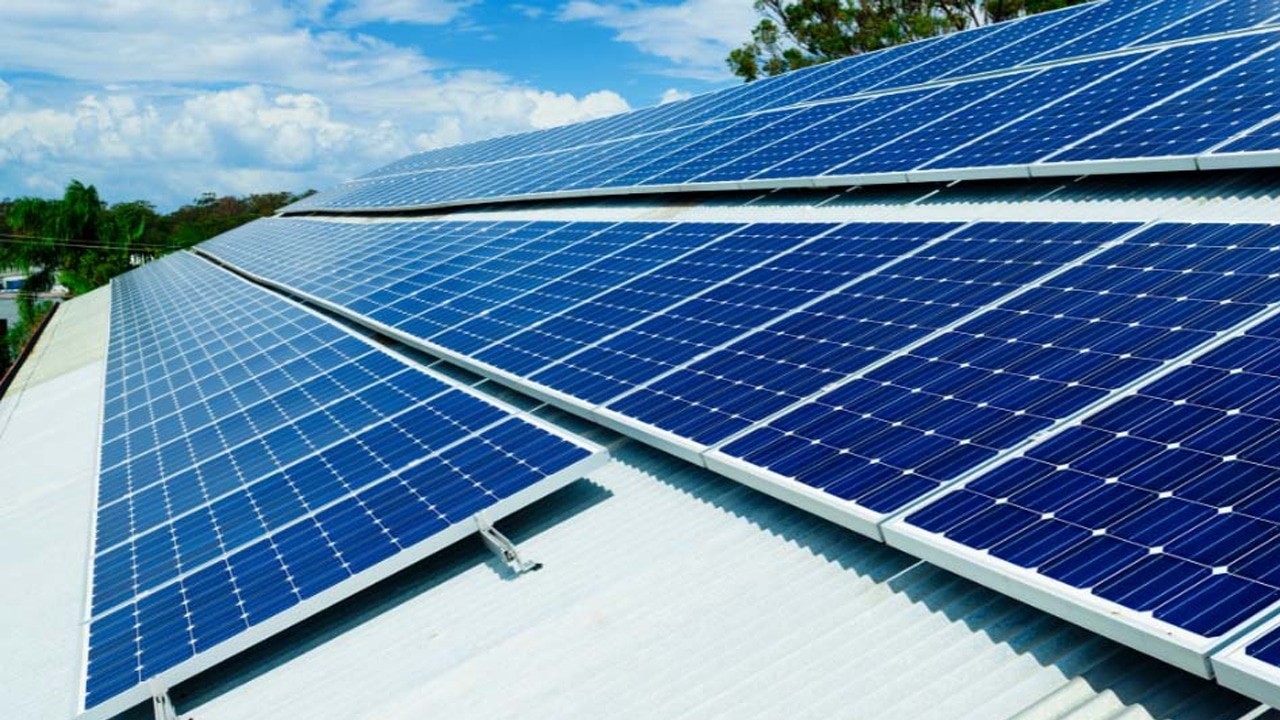New Solar Quality Control Order 2025 by MNRE

The Union Ministry of New and Renewable Energy (MNRE) has announced a significant update to India’s solar energy regulations. The newly notified Solar Systems, Devices, and Components Goods Order, 2025, replaces the previous Solar Photovoltaics, Systems, Devices, and Components Goods (Requirements for Compulsory Registration) Order, 2017. This revised order aims to enhance the quality and efficiency of solar products in India, aligning with the country’s ambitious renewable energy goals. The order was published in the Gazette of India on January 27, 2025, and will take effect 180 days after its publication. It encompasses essential components such as Solar PV modules, inverters, and storage batteries.
Comprehensive Stakeholder Engagement
The MNRE developed the revised Quality Control Order (QCO, 2025) after extensive consultations lasting over two years. Key stakeholders included manufacturers of solar PV modules, inverters, and storage batteries, as well as testing laboratories and the National Institute of Solar Energy (NISE). The Bureau of Indian Standards (BIS) also played a crucial role in shaping the order. To ensure transparency and gather international feedback, the draft notification was shared on the World Trade Organization’s Technical Barrier to Trade (WTO-TBT) website for 60 days. This proactive approach highlights the government’s commitment to creating a robust regulatory framework that addresses the concerns of various stakeholders while promoting high-quality solar products.
The revised order reflects the government’s dedication to sustainable energy development. By enhancing product reliability and safety, the MNRE aims to support India’s ambitious renewable energy targets. This initiative is expected to foster innovation and efficiency within the solar sector, ultimately benefiting consumers and the environment alike.
Key Highlights of the Order
The Solar Systems, Devices, and Components Goods Order, 2025, introduces several critical provisions designed to elevate the standards of solar products in India. One of the most significant changes is the introduction of mandatory standards for solar PV modules, inverters, and storage batteries. These products must now conform to the latest Indian Standards as notified by the BIS and bear the Standard Mark under a BIS license.
Additionally, the order sets minimum efficiency criteria for solar PV modules. For instance, mono-crystalline silicon and thin-film PV modules must achieve an efficiency of at least 18%, while poly-crystalline silicon PV modules must meet a minimum of 17%. These standards are essential for ensuring that solar products perform optimally and contribute effectively to India’s renewable energy goals.
The order applies to a wide range of stakeholders, including manufacturers, importers, distributors, retailers, and sellers of solar PV systems and components. However, products intended solely for export are exempt from these regulations. This broad applicability ensures that the entire supply chain adheres to high-quality standards, ultimately benefiting consumers and the environment.
Certification, Enforcement, and Compliance
The enforcement of the Solar Systems, Devices, and Components Goods Order, 2025, will be overseen by the Bureau of Indian Standards (BIS). The BIS will grant licenses and conduct market surveillance to ensure compliance with the new regulations. This oversight is crucial for maintaining the integrity of the solar market and ensuring that only high-quality products reach consumers.
Existing licenses under the previous QCO, 2017, will remain valid. However, renewals and new registrations will now be governed by the updated QCO, 2025. This transition period allows manufacturers and stakeholders to adapt to the new requirements without disrupting their operations.
Non-compliance with the provisions of this order will result in penalties under the Bureau of Indian Standards Act, 2016. This strict enforcement mechanism underscores the government’s commitment to maintaining high standards in the renewable energy sector. By promoting public interest and ensuring the availability of safe, high-performance solar products, the MNRE aims to foster a sustainable energy future for India.
As the country continues to invest in solar energy, the revised QCO will play a crucial role in ensuring that consumers have access to safe and efficient solar products. The government’s commitment to fostering innovation and sustainability in the renewable energy sector is evident in this comprehensive regulatory framework. For more information, stakeholders can visit the official MNRE website at www.mnre.gov.in.
Observer Voice is the one stop site for National, International news, Sports, Editor’s Choice, Art/culture contents, Quotes and much more. We also cover historical contents. Historical contents includes World History, Indian History, and what happened today. The website also covers Entertainment across the India and World.

